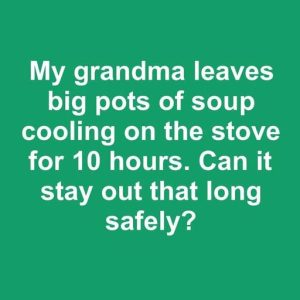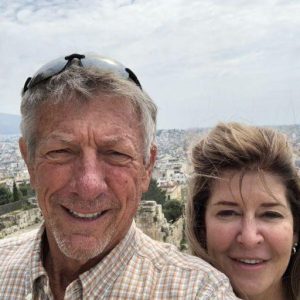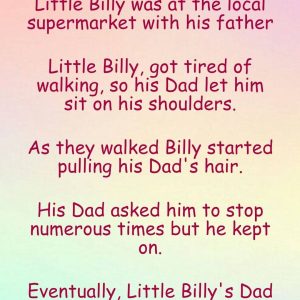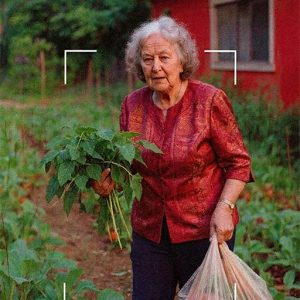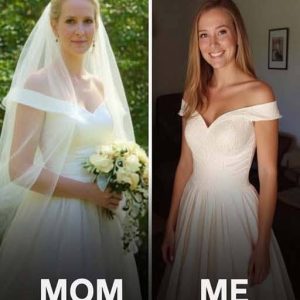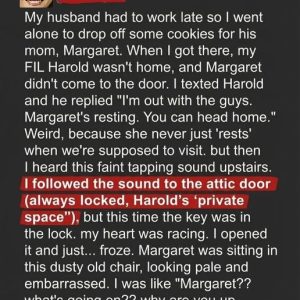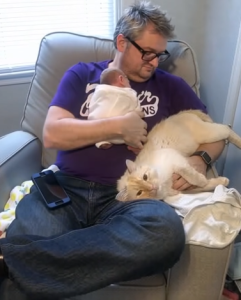
When my younger brother Keane was diagnosed with autism at age four, I was too young to understand what it meant. I only knew he was my brother, and I loved him. As the years went by, his words grew fewer until one day, they stopped altogether. Teachers spoke of him in terms of limits, but I only saw him as part of my world. Two years ago, when our mother passed away, Keane came to live with me. There was never a question about it—family is family. Life settled into a quiet rhythm, his silence filling the spaces between us.
Then I had my son, Milo. In the beginning, I didn’t expect much to change between them. But one morning, as I stepped out of a quick bath, I heard Milo’s cry cut off suddenly. My heart raced as I hurried to his room, only to find Keane seated in the armchair, holding my baby close. Milo’s tears had stopped, soothed by the steady rhythm of Keane’s embrace. And then, after more than twenty years of silence, Keane looked up at me and said softly: “He was scared. I made him a heartbeat.”
I froze, not out of fear, but out of awe. Those words, so simple yet profound, felt like a door opening that none of us thought could ever move. From that day forward, little changes began to unfold. The very next morning, Keane asked for “coffee.” Soon after, he began meeting my eyes, something he rarely did before. He started offering to help with Milo—rocking him, singing softly under his breath, even smiling when Milo giggled.It was as though caring for my son unlocked a part of him long hidden. Love and responsibility gave him a voice, and with that voice came connection.
Keane’s journey has reminded me that growth doesn’t always come in the ways we expect. Sometimes, the most extraordinary breakthroughs arrive quietly—in a nursery at dawn, in the bond between an uncle and his nephew, in the sound of a voice returning after years of silence. And through it all, I’ve realized something too: love is not just healing. Sometimes, it is the key that opens the door to who we really are.
